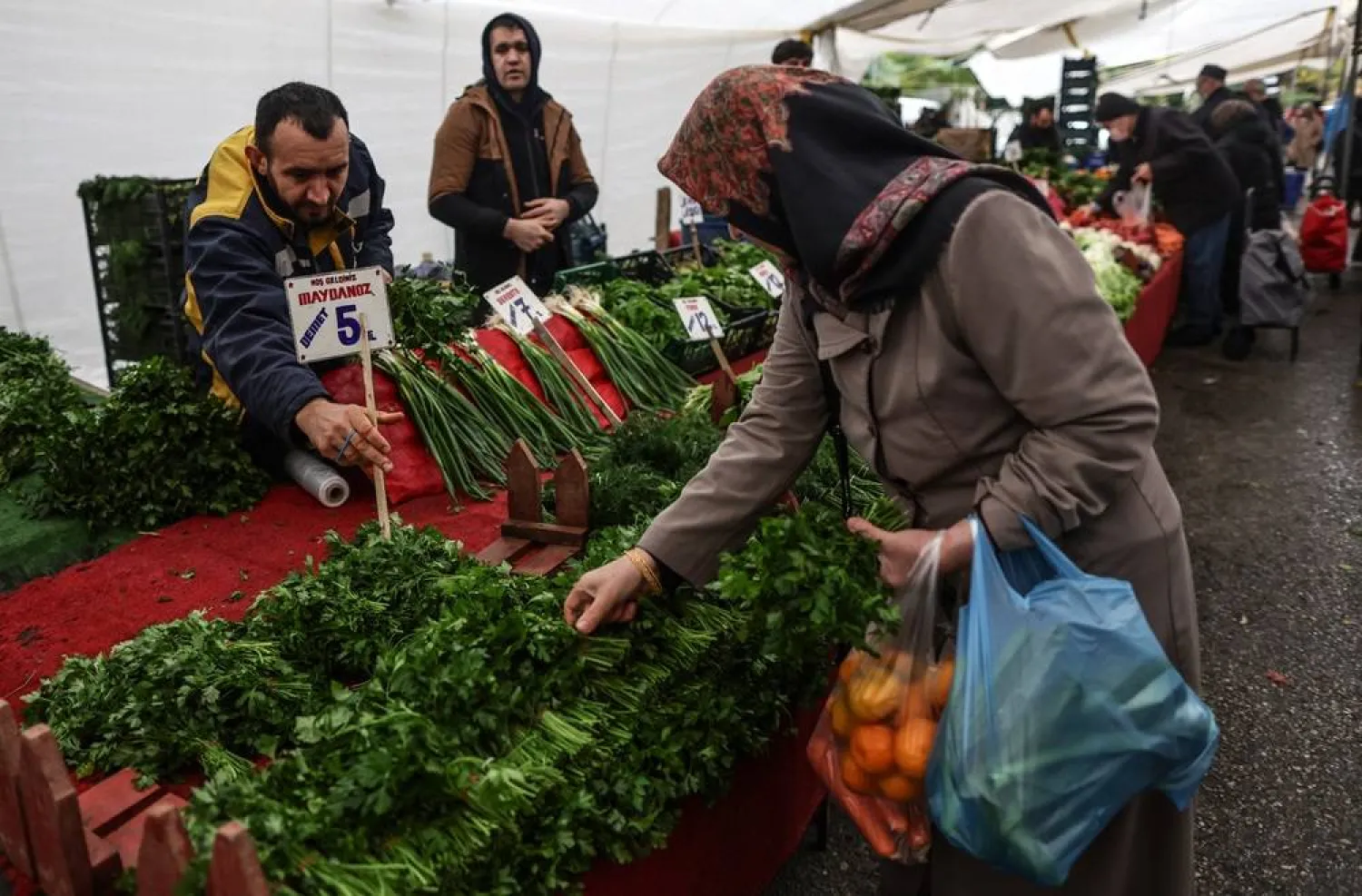Türkiye's annual inflation rate ticked up slightly in November, the state statistics agency said on Monday, showing further signs of levelling off following a series of sharp interest rate hikes.
The rate moved to 61.98 percent last month from 61.36 percent in October, the TUIK state statistics agency said.
The pace at which consumer prices are rising has started to ease, after six successive months of interest rate hikes took borrowing cost to 40 percent from 8.5 percent.
Analysts are penciling in a final rate hike of 2.5 percentage points at the central bank's next policy meeting on December 21.
The latest batch of data show higher borrowing costs starting to slow down consumption -- a key goal of the central bank.
Türkiye's gross domestic product rose by just 0.3 percent between July and September. It had risen by 3.3 between April and June.
"The central bank will welcome these figures as evidence that demand is cooling and inflation pressures continue to soften," said analyst Liam Peach of Capital Economics.
Reset will take time
"However, bringing inflation down to much lower levels will require monetary policy to remain tight for a prolonged period and we expect the central bank to leave interest rates unchanged throughout 2024," Peach said.
Signs of Türkiye's economy starting to emerge from crisis are starting to be noticed by foreign investors, who had pulled out of the market because of President Recep Tayyip Erdogan's unpredictable past policies.
Analysts blame Erdogan for setting off the inflation spiral by forcing the nominally independent central bank to slash borrowing costs far below the rate at which prices were rising.
The official annual inflation rate peaked at 85.51 percent in October 2022.
Standard and Poor's revised Türkiye's long-term sovereign credit rating to positive from stable last month.
"Inflation appears to have peaked, albeit at elevated levels of over 60 percent," the ratings agency said.
But it also warned: "The policy reset will take at least two years to tame inflation."
Türkiye's central bank expects inflation to peak in May of next year at between 70 and 75 percent.









